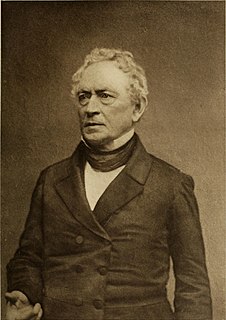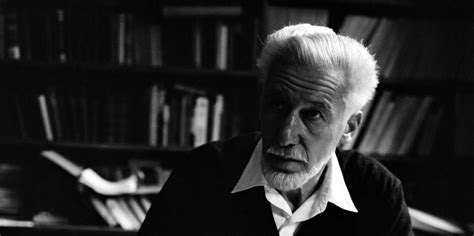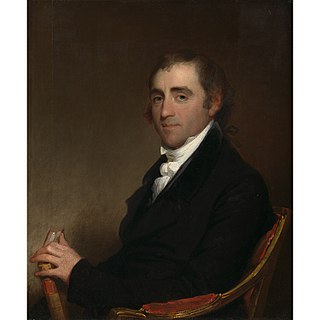A Quote by Abraham Lincoln
A majority held in restraint by constitutional checks and limitations...is the only true sovereign of a free people. Whoever rejects it does of necessity fly to anarchy or to despotism.
Related Quotes
A majority held in restraint by constitutional checks and limitations, and always changing easily with deliberate changes of popular opinions and sentiments, is the only true sovereign of a free people. Whoever rejects it does of necessity fly to anarchy or to despotism. Unanimity is impossible. The rule of a minority, as a permanent arrangement, is wholly inadmissible; so that, rejecting the majority principle, anarchy or despotism in some form is all that is left.
[F]or avoiding the extremes of despotism or anarchy . . . the only ground of hope must be on the morals of the people. I believe that religion is the only solid base of morals and that morals are the only possible support of free governments. [T]herefore education should teach the precepts of religion and the duties of man towards God.
Beneath a free government there is nothing but the intelligence of the people to keep the people's peace. Order must be preserved, not by a military police or regiments of horse-guards, but by the spontaneous concert of a well-informed population, resolved that the rights which have been rescued from despotism shall not be subverted by anarchy.
Manhood begins when we have in any way made truce with Necessity; begins even when we have surrendered to Necessity, as the most part only do; but begins joyfully and hopefully only when we have reconciled ourselves to Necessity; and thus, in reality, triumphed over it, and felt that in Necessity we are free.
The fortunes amassed through corporate organization are now so large, and vest such power in those that wield them, as to make it a matter of necessity to give to the sovereign - that is, to the Government, which represents the people as a whole - some effective power of supervision over their corporate use. In order to insure a healthy social and industrial life, every big corporation should be held responsible by, and be accountable to, some sovereign strong enough to control its conduct.
[O]ur sages in the great [constitutional] convention... intended our government should be a republic which differs more widely from a democracy than a democracy from a despotism. The rigours of a despotism often... oppress only a few, but it is the very essence and nature of a democracy, for a faction claiming to oppress a minority, and that minority the chief owners of the property and truest lovers of their country.
Free institutions are not the property of any majority. They do not confer upon majorities unlimited powers. The rights of the majority are limited rights. They are limited not only by the constitutional guarantees but by the moral principle implied in those guarantees. That principle is that men may not use the facilities of liberty to impair them. No man may invoke a right in order to destroy it.































